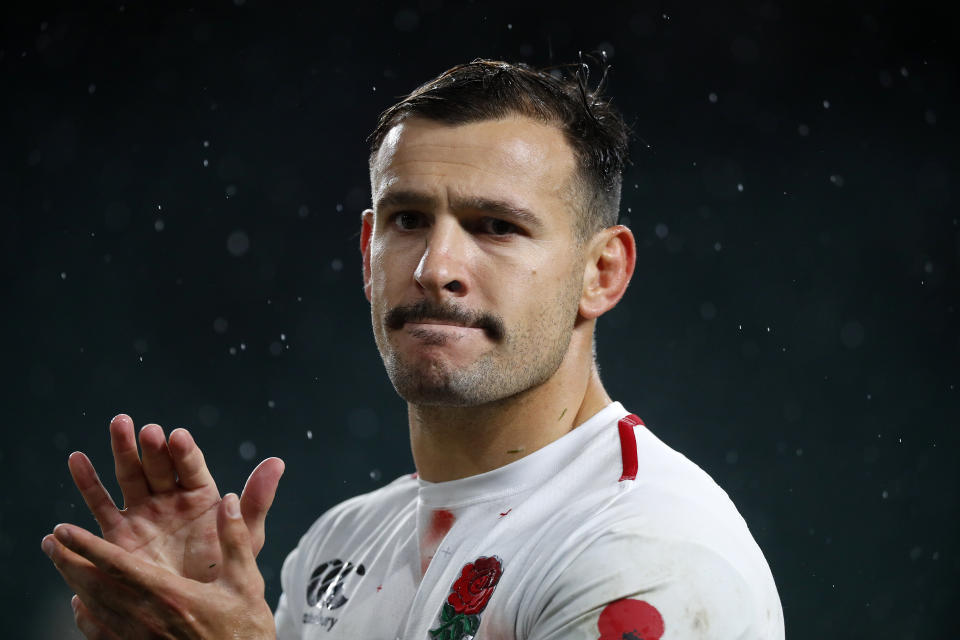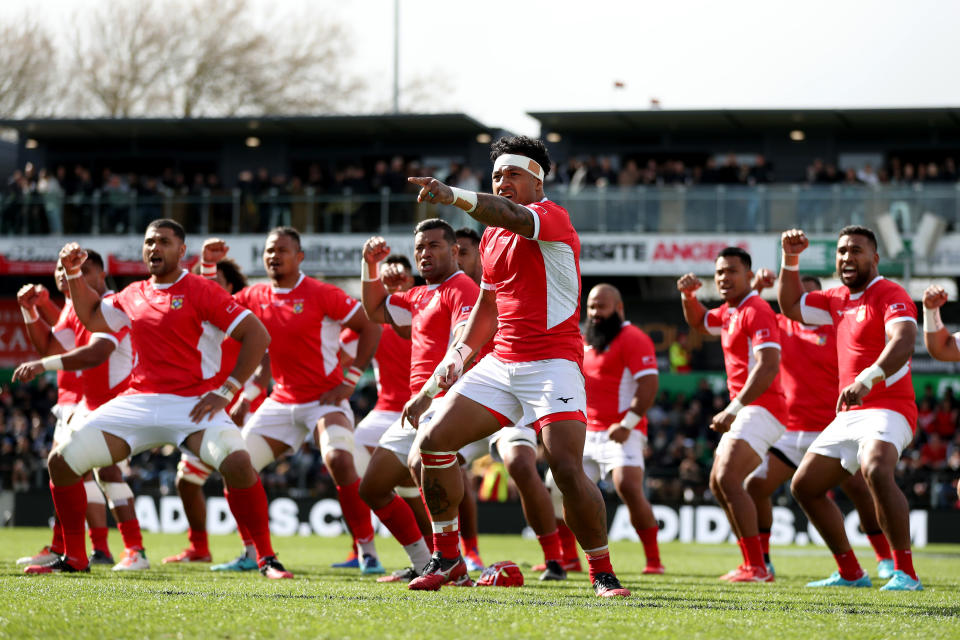Which team at the Rugby World Cup has the most foreign-born players?

When second-row Jean Kleyn made Ireland’s 2019 Rugby World Cup squad ahead of Devin Toner, it raised eyebrows. Kleyn’s form has been decent, if not blistering, although no player has been picked by Joe Schmidt more over the last three years than Toner. But that’s not what bothered some rugby fans.
The Munster man had qualified to play for Schmidt’s side just two days before his debut. He was born and raised in South Africa, before moving to Limerick as a 23-year-old. Toner, on the other hand, has been a Leinster man since his birth in County Meath 33 years ago.
For Ireland’s record try-scorer, Brian O’Driscoll, birthplaces aren’t the problem. He told Yahoo Sports: “The overseas rule is not the issue, I don’t see that. I understand why people are upset, but for me the problem coming in hasn’t convinced in big games, instead of someone who has a proven record of performing at the highest level.”
The situation is not specific to rugby, most sports do it, and it’s definitely not specific to Ireland.
You could swap Kleyn and Ireland for England’s Willi Heinz (New Zealand), Scotland’s WP Nel (South Africa) or French winger Alivereti Raka (Fiji), all heading to the World Cup this autumn. And there are plenty more.
England’s Danny Care, who has 84 caps, and lost out to Heinz for a World Cup spot, said: “I have got nothing against Willi. He is a nice guy. I’ve met him a few times, played against him a few times. I never knew he had aspirations to play for England. I never knew he could play for England.

“I had probably been a bit naive to that and just accepted it happens to other people, felt sorry for them, but thought it would never happen to me. But then when it happens to you, it does sting. It really hurts.”
Whether it’s countries hoovering up bright talents from smaller nations nearby, or players seemingly failing to make the grade for a Tier 1 nation dropping down elsewhere in search for international caps, most teams do it.
Eligibility to play for a country is outlined by World Rugby through Regulation 8. It states that that to represent a country a player must meet one of three requirements:
Be born in the country
Have one parent or grandparent born in the country
Live in the country consecutively for three years immediately before representative duty
The last rule has recently been adjusted. From the end of 2020 the threshold will be increased from three years to five years. This was changed a direct response to the high number of foreign-born players at the last World Cup and the amount of players that have switched allegiance since.
The number is significant. It takes the limit one year above the World Cup cycle, rather than one below. The intention is to prevent a player missing out on World Cup selection and immediately moving to a club abroad in the hope they can make the next World Cup four years later for their new adopted country.
The change doesn’t affect this year’s tournament. This year, leading the way in terms of foreign-born numbers are Tonga (19) and Samoa (17). This isn’t surprising, given the amount of people born in New Zealand and Australia who are of Tongan or Samoan heritage. All of their foreign-born players qualify through a parent or grandparent.

It’s a stark contrast to the next on the list, the host nation Japan, where just under half the squad qualify to play for Japan through residency rules. Most have moved to Japan to play club rugby and to represent them as a result of the time spent there. Kotaro Matsushima is the anomaly – the South African-born fullback’s mother is Japanese.
The truth is that the residency rule has been fantastic for Japanese rugby. While they lean heavily on naturalised Kiwis and Australians, their international and national game is better for it.
New Zealander Michael Leitch moved to Japan to study as a 15-year-old. Heading into his third World Cup, the captaincy and 57 caps later, no one would question his commitment to the Brave Blossoms.

The policy certainly helped them beat South Africa at the last World Cup in arguably the biggest upset the sport has ever seen. No Japanese fan would swap that victory and the feelings it conjures for an entirely Japanese lineup.
Of the 20 teams competing in this year’s World Cup, just three have entire 31-man squads made up completely of players born within their own shores.
Namibia and the tournament’s two South American sides, Argentina and Uruguay, are the only nations with no foreign-born players at all. Although all of Namibia’s squad were born there, six of them spent parts of their childhood in South Africa, with prop Aranos Coetzee playing for South Africa at under-18 level.
Number of foreign-born players at the 2019 Rugby World Cup:
Tonga, 19
Samoa, 17
Japan, 16
Scotland, 14
USA, 13
Australia, 12
Italy, 8
Wales, 8
England, 6
Ireland, 5
Canada, 4
Fiji, 4
France, 4
New Zealand, 3
Russia, 2
South Africa, 1
Georgia, 1
Namibia, Argentina and Uruguay, all 0
Featured from our writers:

